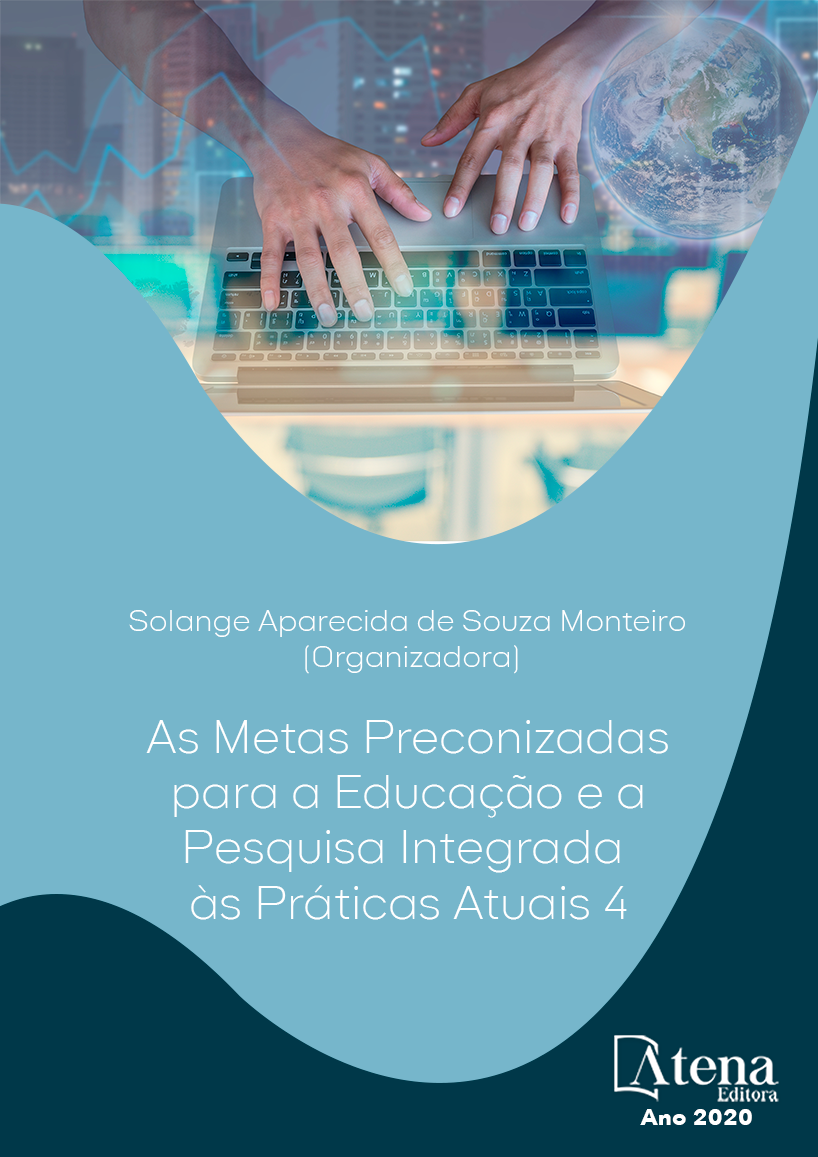
O LETRAMENTO DIGITAL NA EDUCAÇÃO DE JOVENS E ADULTOS: UM DIÁLOGO INDISPENSÁVEL NAS FORMAÇÕES CONTINUADAS
É inegável a importância e as contribuições que as Tecnologias de Informação e Comunicação (TICs) trazem para a educação. Torna-se, então, imprescindível debater sua presença na modalidade de Educação de Jovens e Adultos (EJA). Nessa conjuntura, este trabalho tem como finalidade debater – e propor debates para além – sobre o estado emergente de se trabalhar o letramento digital associado as tecnologias – das simples às digitais – em sala de aula, mais especificamente, utilizar as tecnologias digitais em favor de alunos trabalhadores que estão no cerne desta modalidade. À vista disso, discutir-se-á a importância de se abordar/destacar o tema do letramento digital e das tecnologias digitais na formação continuada de professores que atuam na EJA, modalidade de ensino tão plural. Este trabalho originou-se da proposta da disciplina de Metodologia de Pesquisa em Letras, que é uma das disciplinas oferecidas pelo Programa de Pós-Graduação em Letras (PPG Letras), ofertado pela Universidade do Estado de Mato Grosso (UNEMAT) no campus presente na cidade de Sinop, localizada no norte do estado de Mato Grosso. A pesquisa conta com influência do grupo de pesquisa intitulado ‘Educação Científico-tecnológica e Cidadania’ (ECTeC). Este trabalho baseia-se no método qualitativo de pesquisa, tendo a pesquisa bibliográfica e documental como suporte. Elenca-se como corpus deste estudo a entrevista semiestruturada realizada com a Professora Doutora Angela Rita Christofolo de Mello, com a intenção de coletar dados acerca da temática abordada. A entrevistada é pesquisadora em EJA, na área de formação continuada de professores do Estado de Mato Grosso e em políticas públicas. Este trabalho aponta resultados que evidenciam a importância de uma educação comprometida com jovens, adultos e idosos que procuram, na EJA, uma educação para além do ler e escrever no papel, uma educação voltada à cidadania e à tecnologia.
O LETRAMENTO DIGITAL NA EDUCAÇÃO DE JOVENS E ADULTOS: UM DIÁLOGO INDISPENSÁVEL NAS FORMAÇÕES CONTINUADAS
-
DOI: 10.22533/at.ed.92820130420
-
Palavras-chave: Educação de Jovens e Adultos (EJA); Letramento digital; Tecnologias digitais; Formação continuada.
-
Keywords: Youth and Adult Education (EJA); Digital literacy; Digital technologies; Continued Training.
-
Abstract:
It is undeniable the importance and contribution that Information and Communication Technologies (TICs) bring to education. Then, become essential to discuss its presence in the Youth and Adult Education (EJA) modality. At this juncture, the purpose of this paper is to debate - and to propose debates beyond - the emerging state of working digital literacy associated with technologies - from simple to digital - in the classroom, more specifically, to use digital technologies in favor of worker students who are at the heart of this modality. In view of this, it will be discussed the importance of addressing / highlighting the theme of digital literacy and digital technologies in the training education of teachers that work in EJA, such a plural teaching modality. This work originated from the proposal of the Methodology of Research in Letters, which is one of the subjects offered by the Graduate Program in Letters (PPG Letras), offered by the State University of Mato Grosso (UNEMAT) at the Sinop city, located in the north of the state of Mato Grosso, Brazil. The research has the influence of the research group entitled 'Scientific-technological Education and Citizenship' (ECTeC). This work is based on the qualitative research method, having the bibliographic and documentary research as support. The corpus of this study is the semi-structured interview conducted with Professor Angela Rita Christofolo de Mello, with the intention of collecting data on the theme addressed. The interviewee is a researcher in EJA, in the area of training education of teachers in the state of Mato Grosso and in public policies. This paper points to results that highlight the importance of an education committed to young people, adults and the elderly who seek, in EJA, an education beyond reading and writing on paper, an education focused on citizenship and technology.
-
Número de páginas: 13
- Rhafaela Rico Bertolino Beriula


